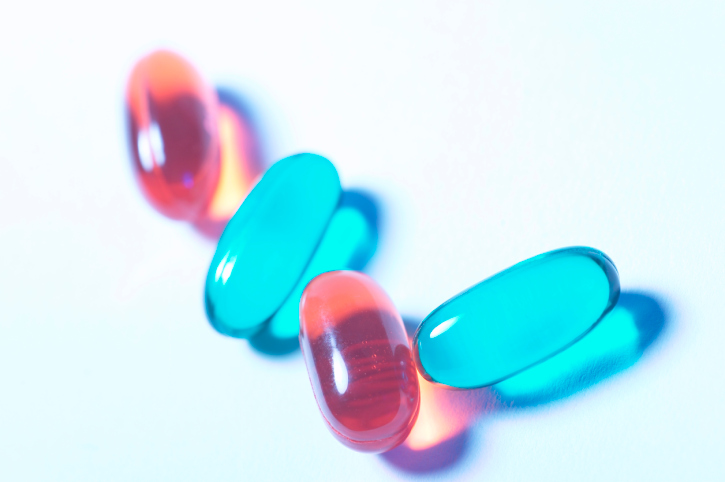 Supplements are extremely popular and in many cases can offer an array of benefits for the functionality of the body. Some segments of the population rely more on supplements, and some of those segments can give supplements a bad name, or at least cause some discomfort.
Supplements are extremely popular and in many cases can offer an array of benefits for the functionality of the body. Some segments of the population rely more on supplements, and some of those segments can give supplements a bad name, or at least cause some discomfort.
For example, bodybuilders and athletes rely heavily on dietary supplements. These types of people take a number of dietary supplements in order to achieve optimal performance, functionality, strength, and aesthetics. Various amino acids, metabolites, hormones, hormone suppressants, proteins, essential vitamins, minerals, antioxidants, phytochemicals, and other compounds are often taken to make sure their body has, or doesn’t have, what it needs to encourage, or limit, performance.
To many, however, the powders and supplements these people use are intimidating even though many of them provide a number of health benefits.
Tamoxifen, a drug used to treat gyneacomastia in breast cancer patients, is in some bodybuilding supplements as an estrogen suppresser. Researchers found it in a supplement called “Esto Suppress,” which is used to reduce swelling in the breast. Bodybuilders use anti-estrogen drugs as supplements to fight the side effects of steroid use, one of which is enlarged breasts.
Four samples of the product were bought over a number of months and tested for potency. Researchers found tamoxifen in three of the samples at varying degrees of potency, with the most potent source being 7.8 g per daily serving. Doctors typically treat gyneacomastia (breast swelling) with 10-20 mg.
This is important for a couple of reasons. Many supplements sold over the shelves or online are unregulated by the FDA. There are no potency standards and certain proprietary blends contain ingredients that can be dangerous. Before buying over-the-counter supplements to treat a condition, improve performance, or improve your health, it’s important to be aware of a few things. Since potency is not tested with third-party research, you really don’t know what you’re getting.
Do a little bit of research outside of what the company selling the supplement claims. Ensure the supplement is third-party tested for purity and that you’re getting the therapeutic dose. This not only ensures you’re getting your money’s worth, but also that you’re getting what you need.
Try and stay away from supplements with proprietary blends. Instead, purchase pure ingredients so you get the straight goods that aren’t mixed with something that can be potentially harmful.
Finally, don’t be scared of supplements or typecast them. It’s been my experience that a large number of people are scared of supplements and consider them dangerous, while in fact many “sports” supplements have a number of health benefits and are actually used by physicians to treat a number of conditions. An example, for instance, of two supplements typically viewed as “sports supplements” are creatine monohydrate and carnitine. Both of these supplements offer general health benefits and are both created naturally in the body and ingested through nutrition.
Creatine monohydrate can be used as a treatment for congestive heart failure, MS, depression, Parkinson’s disease, high cholesterol and a number of other functions. L-carnitine is used to treat chest pain and heart and blood conditions. It is important for brain function, heart function, muscle movement, and other bodily functions.
Both of these supplements are naturally created in the body and can be found in food, but supplementation is useful, too. The point is that supplements most people associate with bodybuilding actually offer a multitude of benefits for everybody.
Source:
“Breast Cancer Drug Found in Bodybuilding Supplement,” Science Daily web site, February 13, 2014; http://www.sciencedaily.com/releases/2014/02/140213184818.htm, last accessed February 24, 2014.
